Klinger's Korner: Healthy Growth & Development In Bereaved Children and Teenagers
Author: Andy McNiel
How can I help my child grow and develop in healthy ways even when they are grieving the death of someone in their life? It is difficult to watch our children struggle or face distress after a loss. As parents, we want our children to have healthy, happy experiences, and we worry that their grief will have long-term negative effects on their healthy growth and development. The good news is that grieving a death in childhood does not have to derail your child's or teenager's bright future. Grief is a normal reaction to the death of a parent, sibling, or another family member at any age. While grief is an added challenge in the life of bereaved children and teenagers, there are a few simple ways you can encourage continued healthy growth and development, even in the midst of grief.
Model Moderation
Balancing good nutrition, physical activity, intellectual challenge, curiosity, learning, emotional expression, and fun is important to healthy growth and development. Children learn this balance from prominent adults in their lives — parents, grandparents, teachers, coaches, etc. When we live with boundaries in our lives, limiting behaviors that are unhealthy, our children are more likely to do the same. Modeling a healthy balance in each of the areas listed in the previous paragraph does make a difference.
Mandate Moderation
In addition to modeling this behavior, it is important for adults to establish expectations of these behaviors in children and teenagers because they will not naturally limit themselves. Children and teenagers will play video games for hours or eat unhealthy foods over healthier options if these activities are not limited.
Recent studies show that video games in moderation can promote intelligence, but too much exposure can result in antisocial behavior, irritability, and lower grades in school.
In the same way, a poor diet has been linked to poor physical health, academic performance, psychological health, and social interactions. Limits and expectations that prioritize healthy diets, physical activity, and learning are helpful to all children and teenagers, including those grieving a death.
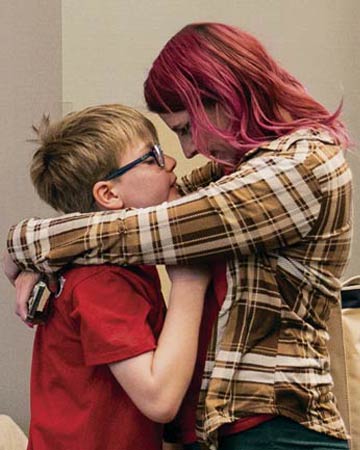
Validate and Support
Research has also found that children and teenagers who experience empathy and support from the adults in their lives fare better than those who do not. As a parent, grandparent, aunt, uncle, teacher, coach, mentor, or another adult present in a child's life, we have a special power to influence healthy growth and development through how we interact with and approach children and teenagers. While we do not have the ability to remove grief from their lives (grief is a normal reaction to a death), we do have the ability to validate their experiences, encourage them when they are struggling, and support them along the long road of grief.
During the summer months, children and teenagers spend more time at home than at other times of the year. Take this opportunity to plan meaningful experiences with your children and teens. Evaluate the balance in nutrition, physical activity, intellectual challenges, emotional expression, and fun in your home, and put moderation modeling into practice. It is never too late to begin modeling this behavior and setting boundaries in these areas for your children.
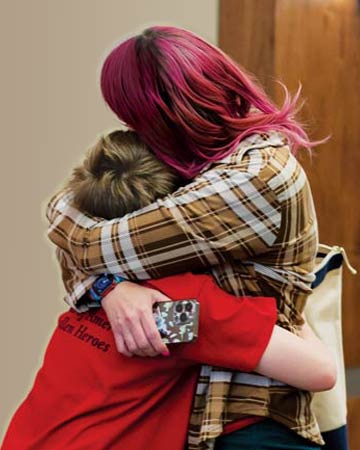
Family Activites
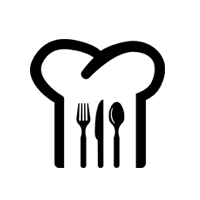 Family Cooking Night
Family Cooking Night
Having healthy food options around the house can promote healthy eating habits in your children and teenagers. Taking it a step further and teaching them how to cook healthy meals not only instills healthy habits, but it gives them tools to take into adulthood. Make the lesson interactive by planning a family cooking night one night each week.
Directions
- Choose a night when you are all home together, and make this night your family cooking night. Traditions and routines like this are healthy and have positive effects on children and teenagers.
- Review healthy recipes online with your children and teenagers.
- Allow each member of the family to choose recipes that look appealing to them.
- Mark the calendar for several weeks out with the recipes each family member chose.
- Go shopping together to purchase the ingredients for the week’s meal.
- Divide duties, cook the meal together, and enjoy the time together eating what you have created.
 Healthy Mind, Body, and Relationships Activity
Healthy Mind, Body, and Relationships Activity
This collaborative activity helps your children and teens identify activities that build healthy minds, bodies, and social interactions.
Supplies
- 3 Pieces of Poster Board
- Markers
- Old Magazines
- Scissors
- Glue or Tape
Directions
Make sure all family members are available to participate in the activity at the same time. Label the top of each poster board with one of the following titles: Mind, Body, Relationships. Instruct your children and teenagers (you should participate as well) to think about activities that build healthy minds, bodies, and relationships. As you come up with ideas, write them on the appropriate poster board.
You can also look through old magazines for pictures or words that reflect these healthy behaviors. Cut the picture or words out, and paste or tape them to the poster boards. At the conclusion of the activity, you will have three poster boards full of these healthy activities or behaviors. Place these somewhere prominently in the home, and encourage your family to see how many of these activities you can make regular occurrences in your home and lives.
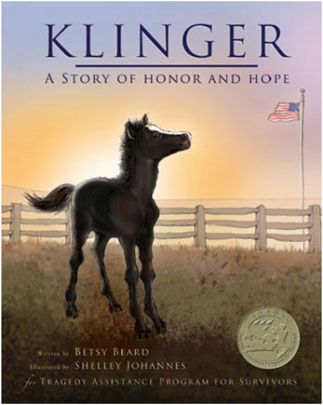
Klinger, A Story of Honor and Hope
Based on Klinger, a real horse that serves in the U.S. Army Caisson Platoon in Arlington Cemetery, Betsy Beard’s Klinger is an endearing story written for TAPS honoring all of America’s beloved fallen heroes. The children’s book illustrates a young horse dreaming of fame as a racehorse, struggling to achieve his dreams, and then finding fulfillment in honoring fallen heroes and bringing comfort to their families. A journey of loss, grief, and hope, Klinger is a wonderful and helpful book for young children experiencing grief over the death of a military loved one. Learn more about the book Klinger, A Story of Honor and Hope.
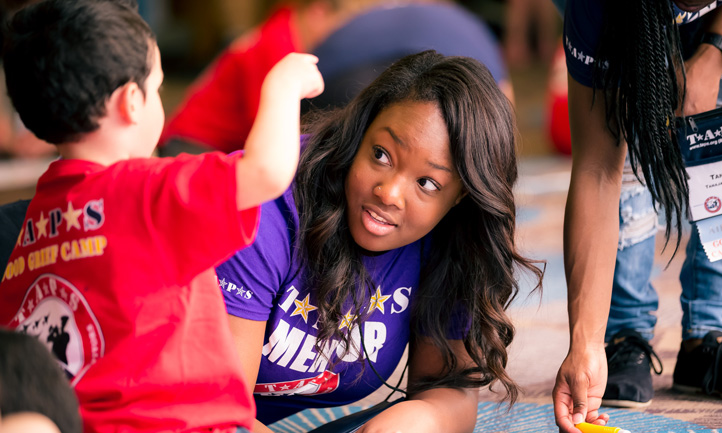
TAPS Youth Programs
TAPS Youth Programs provide safe spaces for surviving children to honor their loved one and explore their grief all while experiencing fun, adventure, mentorship, and camaraderie with peers, mentors, and caring professionals.
Visit TAPS Youth Programs to learn more and browse events, including Good Grief Camps, family campouts, and online groups and workshops.
Andy McNiel, MA, is the Senior Advisor, TAPS Youth Programs.
